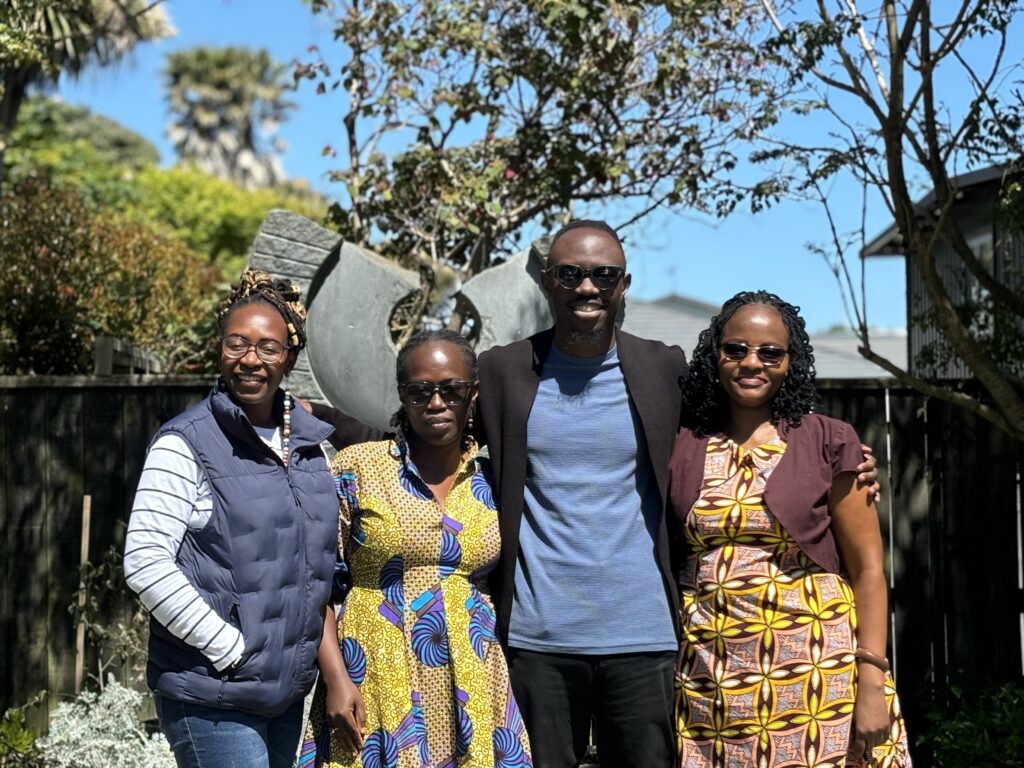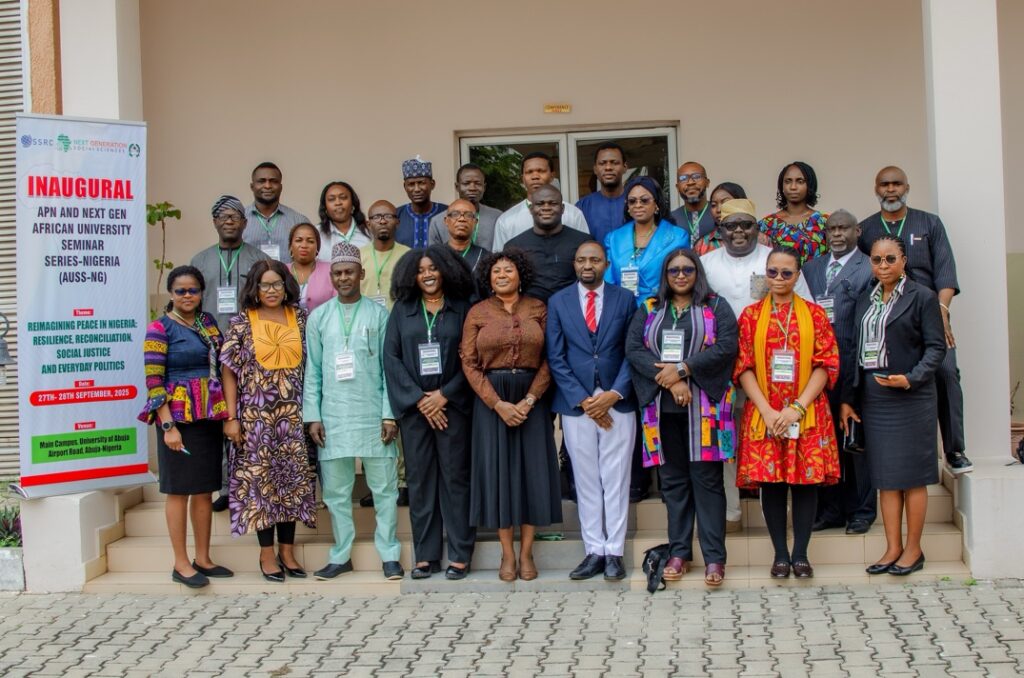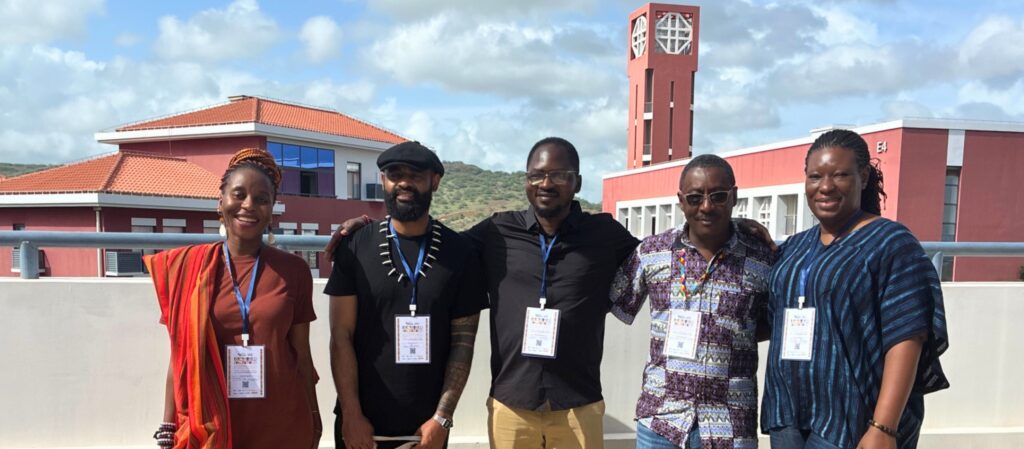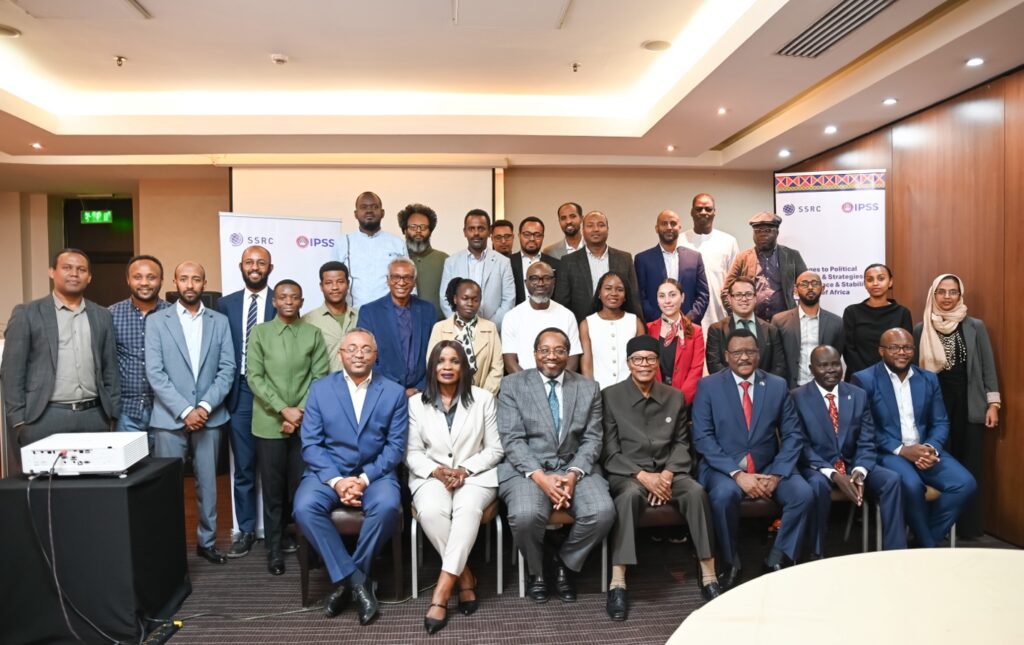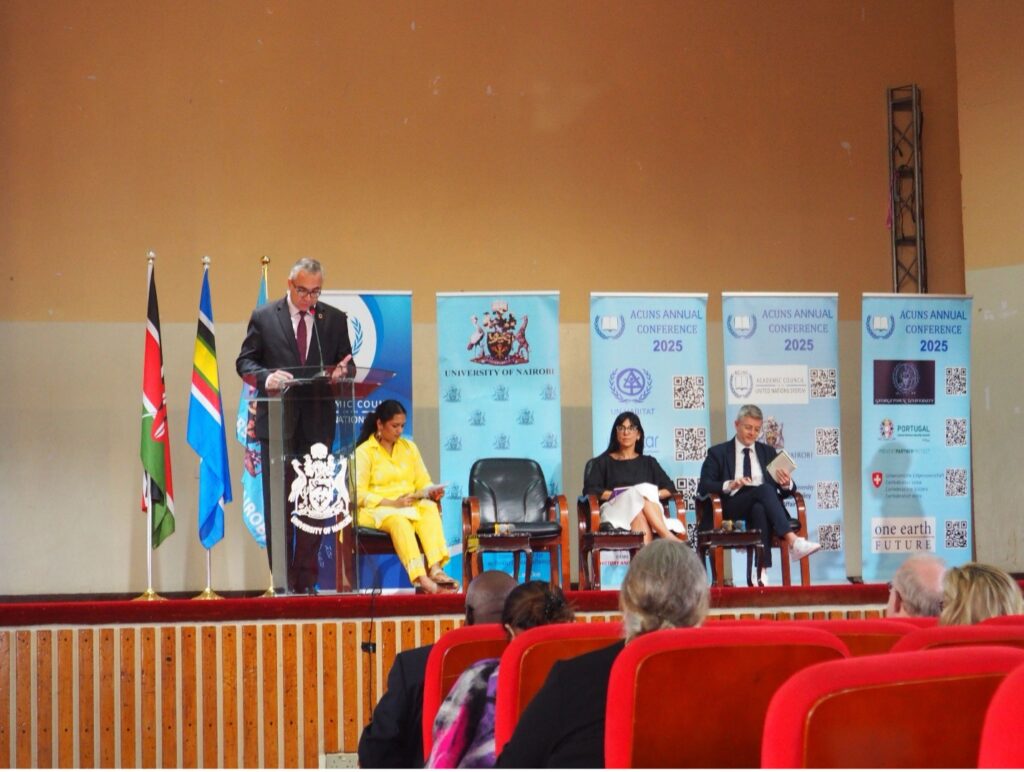2025 International Peace Researchers Association (IPRA) Biennial Conference
The African Peacebuilding and Developmental Dynamics (APPD) program’s sponsored panel, “Negotiating Peace and Social Justice Through Non-Violent Pathways: Understanding African Values and Practices,” at the 2025 Biennial International Peace Researchers Association (IPRA) conference, featured alumni of the APPD (formerly the APN and Next Gen). During the plenary panel on Friday, November 7, panelists highlighted diverse traditional Indigenous spiritual, relational, and cultural knowledge from across the continent, emphasizing their importance in peacebuilding. Dr. Thembani Dube (APN IRF 2024), a Senior Lecturer in the Department of History at the University of Stellenbosch, presented the paper, “‘Revisiting Gukurahundi’: Ethnic marginalization, state-led reconciliation, and …
